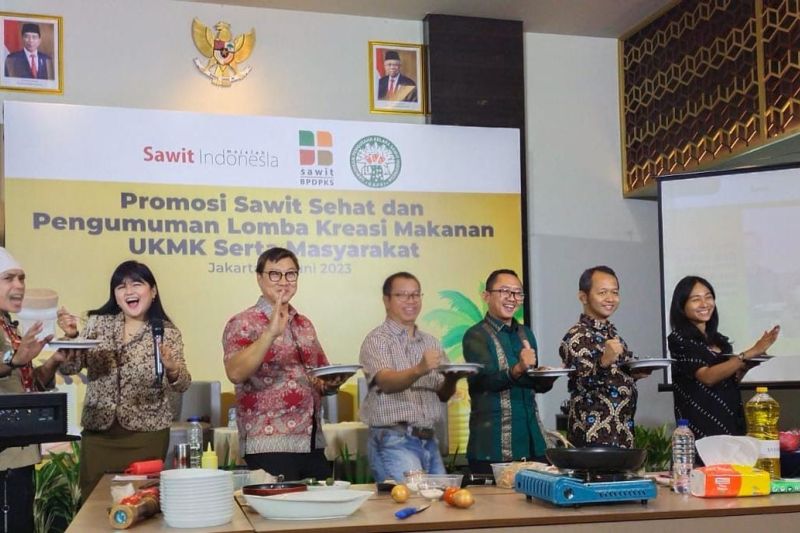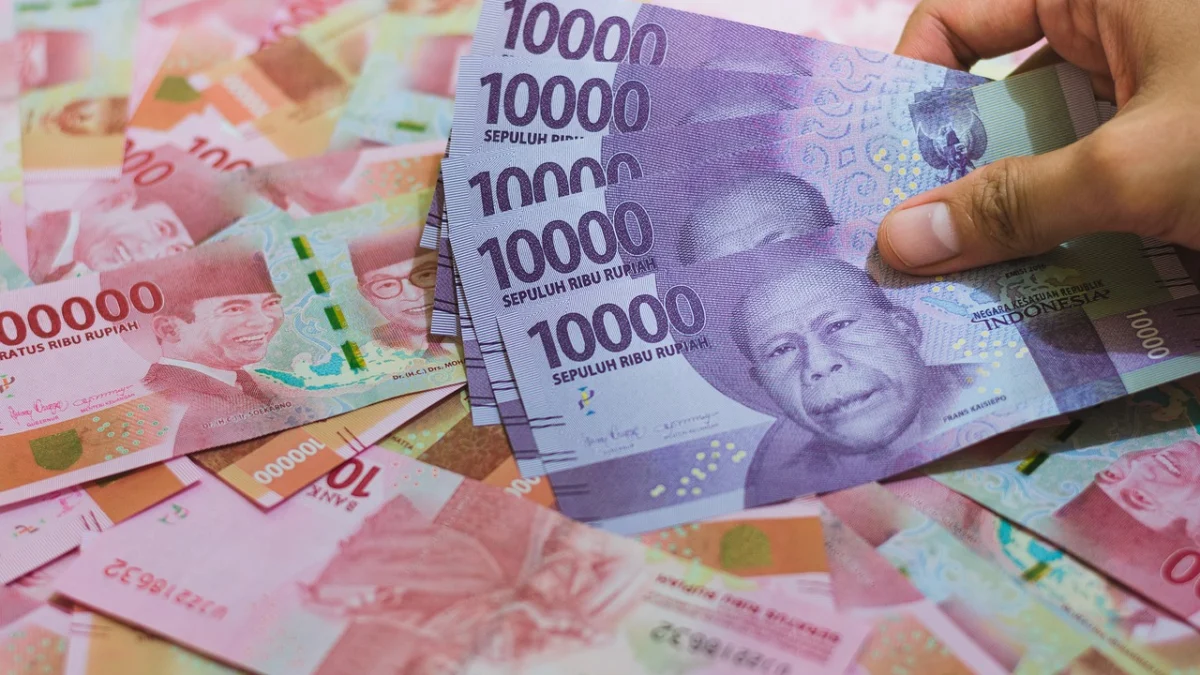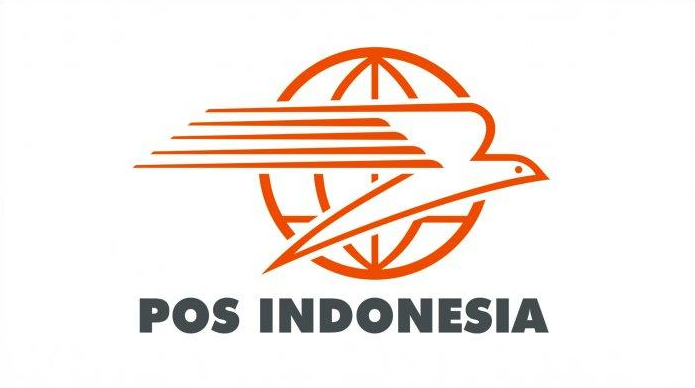JABAR EKSPRES – Indonesia’s palm oil products are considered to have the opportunity to meet the growth in world vegetable oil demand, which is estimated to reach 307.9 million tons by 2050.
Director of Export of Agricultural and Forestry Products of the Indonesian Ministry of Trade Farid Amir said that currently Indonesia has contributed 22 percent of the world’s total vegetable oil production and more than 60 percent of the world’s palm oil production.
“Indonesia should be proud to be the largest producer with a total production of 46.88 million tons in 2021, out of the world’s palm oil production of 75.5 million tons,” he said in a written statement in Jakarta, Friday (6/16).
According to him, the various advantages of palm oil must be maximized to make it more competitive compared to non-palm vegetable oil.
Read more: Samarkand Governor Follows Up on VP’s Suggestion About Sukarno Memorial Library
The high production of palm oil, he added, strengthened support for Indonesia’s non-oil and gas export performance which in 2022 was valued at 275.96 billion US dollars with the contribution of CPO and its derivative products amounting to 15 percent or 41.32 billion US dollars.
From the records of the Indonesian Ministry of Trade, the trend of increasing the export value of CPO and its derivative products over the last 5 years is 20 percent. Meanwhile, the export value of Indonesia’s CPO and derivative products amounted to 41.32 billion US dollars in 2022 and the export volume amounted to 35.52 million tons.
However, Farid admitted that Indonesia’s palm oil exports are facing severe challenges and obstacles in export destination countries, one of which is currently in the European Union with the presence of the European Union Law on Deforestation or EUDR.
Indonesian Palm Oil Association (GAPKI) Foreign Relations Chairperson Fadhil Hasan said that the EUDR was a regulation that made a significant change in Indonesia’s palm oil export trade in the European Union after previously there were obstacles through RED II which hampered palm oil consumption for the biofuel sector.






